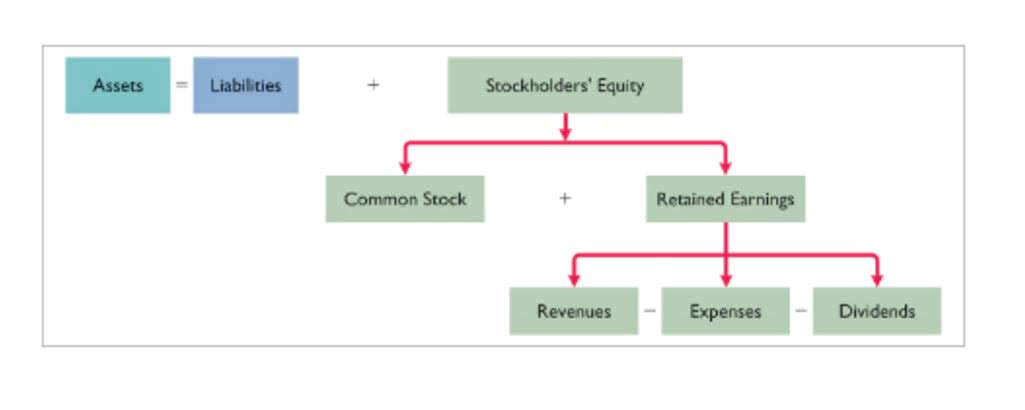Nonprofit accounting best practices guide

AccuFund is an excellent resource for nonprofits looking for a reliable financial management tool. As your nonprofit grows and steps out into more complicated financial projects, AccuFund lets you purchase tools that fit your organization’s needs. Nonprofit bookkeepers must create accurate invoices for vendor payments, retail sales if they have a store, membership subscriptions, tuition fees, and more. While an accountant will interpret financial reports and make informed suggestions for the board, a bookkeeper is responsible for organizing the nonprofit’s data to create these reports. As a bookkeeper, it may be necessary Remote Bookkeeping to meet with your nonprofit’s accountant weekly, monthly, quarterly, and yearly.
Dealing with Limited Financial Expertise Within the Organization
- Wave displays invoicing, payroll, and payments data updates, along with dashboards for cash balances.
- This transparency not only builds trust with stakeholders but also enhances the organizationâ??
- Nonprofits must prepare specific financial statements to provide a comprehensive view of their financial position and activities.
- To rank the best accounting software for nonprofits, we first considered whether the software offered nonprofit-specific features, like donation tracking and Form 990 generation.
- Outsourcing financial management offers a cost-effective solution, as it eliminates the need for additional staff and overhead expenses.
Accounting software allows business owners to track expenses, manage cash flow, create custom invoices, manage inventory and create financial reports. Nonprofit accounting is a form of financial oversight for organizations that do not generate income for shareholders. It emphasizes fund management, budget accounting services for nonprofit organizations planning, program costing, and allocation of funds, in order to ensure financial transparency and accountability. Effective financial management is the backbone of a thriving nonprofit, ensuring stability, transparency, and informed decision-making.

Support & Tools
Wave is widely known as one of the most robust free accounting software solutions, ideal for small and mid-sized nonprofits. It allows users to track income and expenses, invoice donors or clients and run financial reports. Unlike some of its competitors, Wave doesn’t charge for features like invoicing or financial tracking. Managing nonprofit finances can get complicated, especially if you have a tight budget and limited staff. However, using nonprofit accounting software like Quickbooks streamlines the process.
- Whether you’re establishing basic systems or looking to enhance sophisticated financial operations, we’re here to help.
- Ideally, they will have some experience with nonprofit accounting software or spreadsheets.
- Make sure the reports are positively supporting the growth of the organization and stay in compliance with the taxes.
- Effective financial management is the backbone of a thriving nonprofit, ensuring stability, transparency, and informed decision-making.
- Bookkeeping for nonprofit organizations comes with its own set of challenges that differ from those faced by for-profit businesses.
- Automation can streamline bookkeeping processes, reduce manual data entry, minimize errors, and save time.
Expenses
- By prioritizing education and utilizing available resources, nonprofits can navigate their financial landscapes with greater confidence.
- The form details your organization and its aims, and shows where your funds came from and were distributed during the tax year.
- As a result, these practices contribute significantly to the long-term success and impact of charitable organizations.
- A well-structured COA is essential for maintaining transparency and ensuring compliance with regulatory requirements.
- The statement of financial position, akin to a balance sheet, provides a snapshot of the organization’s assets, liabilities, and net assets at a given point in time.
- This builds trust in them and they continue to contribute more to the organizations.
By staying up-to-date and connected, non-profit accountants can contribute to the financial stability and long-term success of their organizations. In addition to income tax considerations, non-profits may also need to be aware of their obligations regarding the Goods and Services Tax (GST) normal balance or the Harmonized Sales Tax (HST). To be eligible for tax exemptions, non-profits must meet specific criteria established by the Canada Revenue Agency (CRA). Non-profit organizations, by their nature, operate to further social, educational, religious, or other charitable purposes without the intention of making a profit.

Diversifying Revenue Streams

Let’s review the unique bookkeeping requirements that relate to not for profits. The not-for-profit sector in Canada encompasses tens of thousands of organizations. On a smaller scale, the local community club, the local church bingo, the men’s evening hockey league and a host of similar organizations we all encounter on a daily basis are also part of this sector. Generally, anyone can view a nonprofit’s financial information, which is why transparency is of utmost importance.
- Identify these funds properly to ensure accountability to donors and regulatory entities.
- NetSuite’s accounting software offers accounts receivable and payable, cash management, fixed asset management, a general ledger and tax management solutions.
- The municipality has a by-law that requires the charity to maintain a capital reserve fund to be used for building repairs.
- Developing strong relationships with donors, supporters, and partners is vital for nonprofit organizations.
- Nonprofit financial statements provide a detailed view of their financial activities and obligations.
Eligible non-profits can redirect these saved funds to their programs, services, or organizational growth. Budgeting and forecasting, cost management strategies, and cash flow management play pivotal roles in ensuring financial stability. It is therefore crucial for non-profits to prioritize fulfilling their reporting requirements to avoid these negative outcomes. Non-profits that fail to comply with reporting obligations may face penalties, loss of tax-exempt status, and reputational damage.
